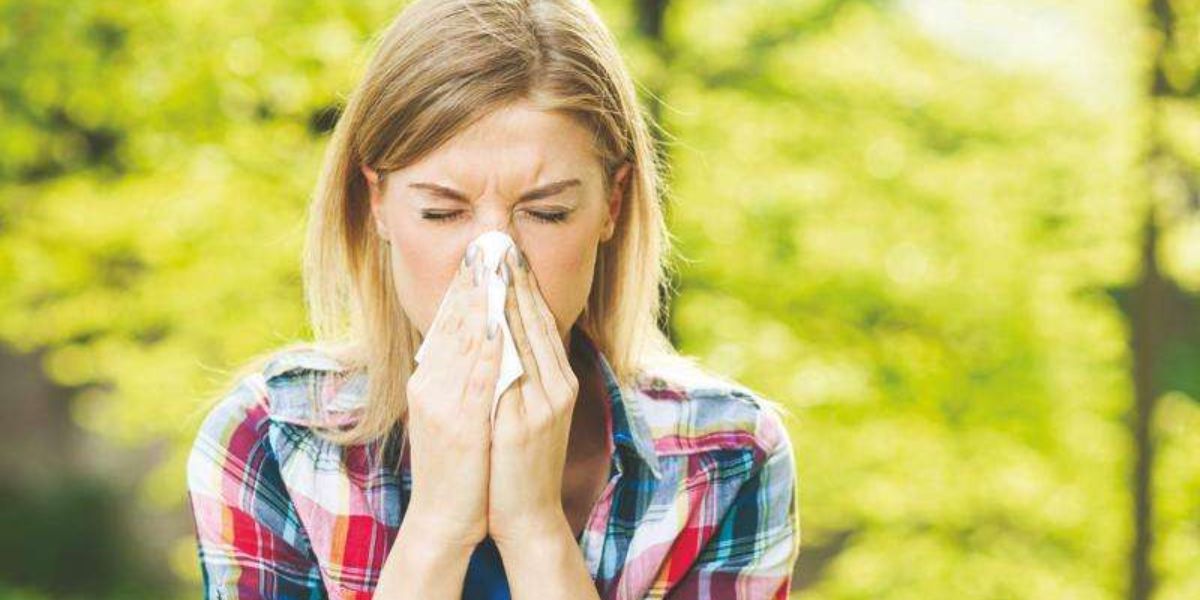Sneezing Non-stop? Iowa’s Alarming Allergy Triggers Explained
Cannot stop sneezing? It’s possible that Iowa currently has some of the worst pollen levels in the country.
This year, spring arrived earlier than usual, as did allergies. Many flowers bloomed earlier than normal, resulting in a lengthier allergy season. Des Moines is ranked seventh on the list of the most difficult places to live with seasonal allergies. According to the Asthma and Allergy Foundation of America, over 81 million people in the United States suffer from seasonal allergies.
Pollen.com reports that allergy levels and pollen counts are “high” across the state.
How Can an Elevated Pollen Count Affect Your Body?
Plants, trees, and grass produce pollen in the spring to nourish other plants of the same species. The powdered particles move through the air and are easily inhaled.
Inhaling pollen triggers an overreaction in certain people’s immune systems. The immune system perceives pollen as a threat and produces antibodies to battle allergies. This results in the release of histamines into the blood. Histamines cause runny noses, itchy eyes, and other allergy symptoms.
Will Allergy Symptoms Improve in the Summer?
Allergies are likely to be problematic all year. Iowa is expecting some rainfall in the summer months, which is needed to alleviate the drought, but it will come at a cost to individuals suffering from allergies. According to The Weather Channel, this will increase humidity, which can cause mold allergies.
Since 1970, climate warming has also contributed to an extension of the allergy season. According to Climate Central, higher CO2 levels can stimulate pollen production in plants like grasses and ragweed. According to the outlet, excessive levels of CO2 generation in the United States could result in a 200% increase in pollen output by the end of the century.
How to Combat Allergies When Pollen Levels are High?
One way to prevent allergies is to cut back on exposure.
Mayo Clinic suggests:
- Stay home on dry or windy days and walk outside immediately after a rainstorm to help clean the pollen.
- Remove your outdoor clothing and shower to remove pollen from your body.
- Keep the air clean while you’re inside.
- Dehumidifiers can help dry your home, which has certain advantages.











